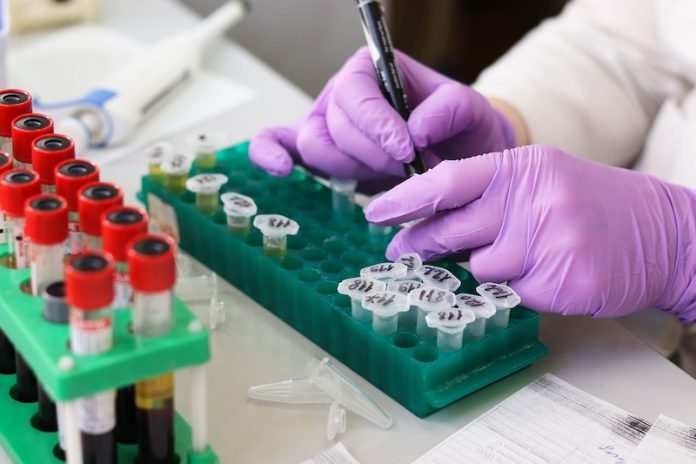
In a new study, researchers found developed a new anti-cancer drug that has less toxic effects on the kidneys.
The new drug works like a ‘magic bullet’ that is delivered directly to the mitochondria – the power generators of cells – of cancer cells.
Once the drug reaches the tumor, two active molecules – an anti-cancer drug and a sensitizer – are released at once, and they attack the mitochondria, leading to the death of cancer cells.
This drug could minimize harmful side effects and it is expected to lower the risk of patients developing resistance to anti-cancer drugs.
The research was done by a team from the National University of Singapore (NUS).
The discovery of cisplatin as an anti-cancer drug in 1965 was an important milestone that changed the treatment of the disease and improved the cure rates of cancer patients worldwide.
More than 50 years later, cisplatin and the newer generation of platinum-based anti-cancer drugs are still used in about 40% of all chemotherapy treatments.
However, these drugs have toxic side effects, such as causing severe kidney dysfunction in patients, which may require some patients to undergo dialysis treatment.
When designing and evaluating new cancer treatments, researchers often use cisplatin as a gold standard to compare new medicines.
Cisplatin is known to kill cancer cells by damaging DNA. But cancer cells are smart, and they have ways to repair this damage and become resistant to drug treatment.
It is important to have good alternatives that can address drug resistance and associated side effects.
In the study, the team came up with a novel drug that can be delivered directly to tumors. This was achieved by adding a mitochondria-targeting ligand to the original cisplatin scaffold.
This additional ligand has a strong positive charge that displays high affinity towards the complementary negative charge of the mitochondrial membrane.
Experiments by the researchers showed that the new drug, when delivered in a colon cancer model, shrank the tumor until it became impalpable.
In addition, no sign of kidney inflammation was detected, unlike the use of conventional cisplatin.
These results indicate that the new invention is a viable alternative to cisplatin.
The researchers want to further improve the new drug to achieve complete tumor remission and tackle drug resistance.
They are also studying combinations of different anti-cancer drugs, and examining ways to packaging them into suitable drug delivery systems to increase efficacy, decrease side effects and tackle drug resistance among cancer patients.
One author of the study is Associate Professor Ang Wee Han from the Department of Chemistry at the NUS Faculty of Science.
The study is published in the journal Angewandte Chemie International Edition.
Copyright © 2019 Knowridge Science Report. All rights reserved.



